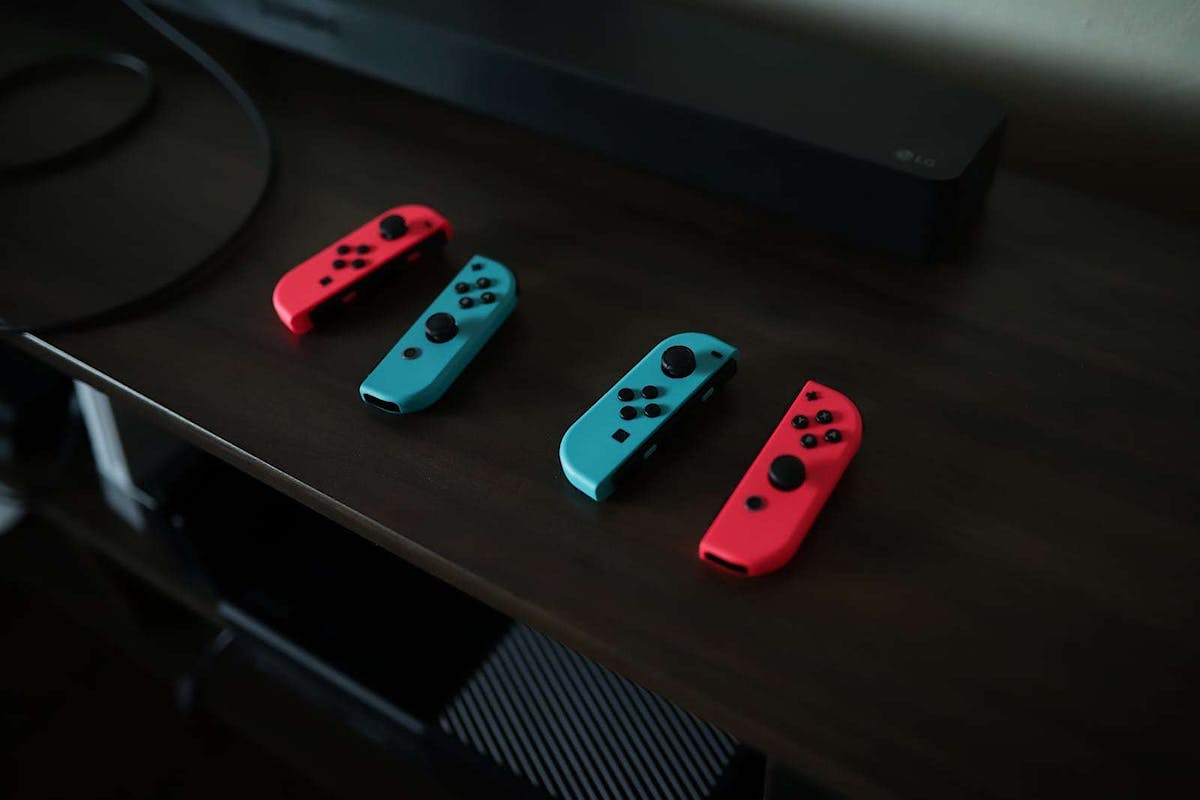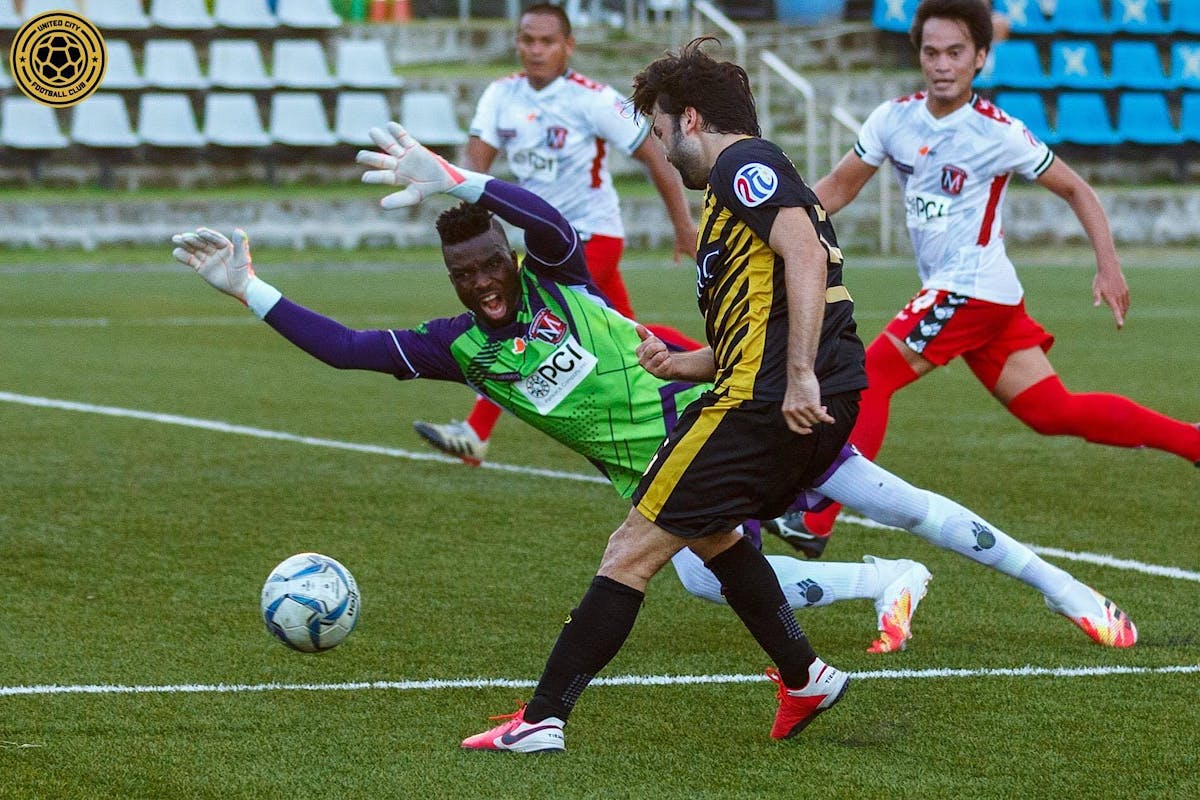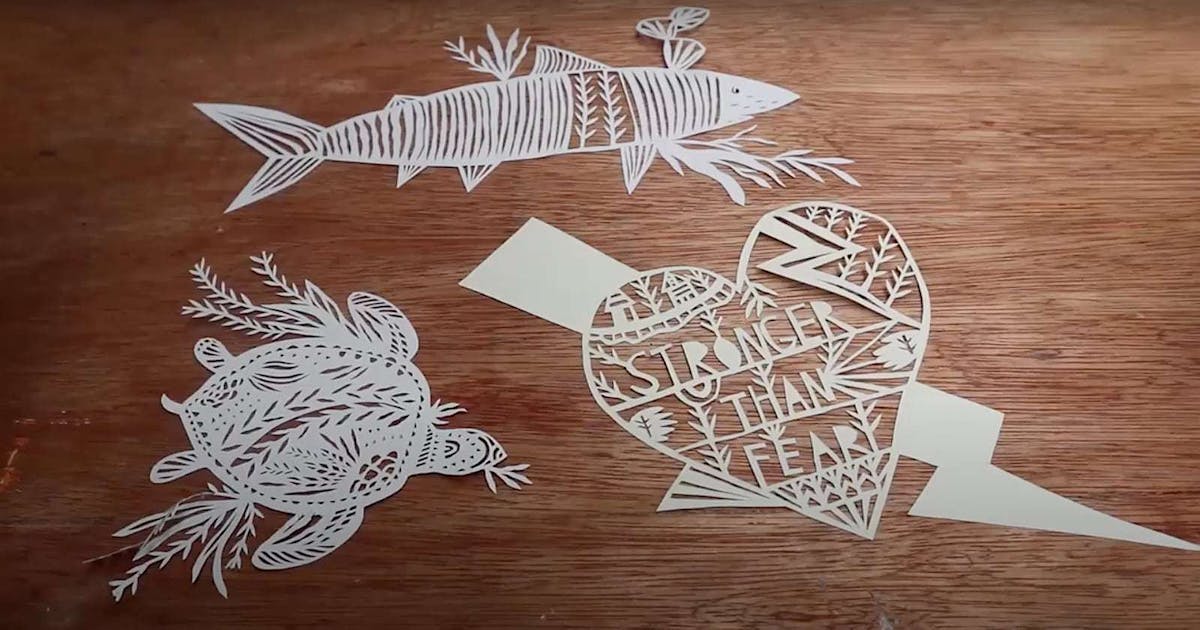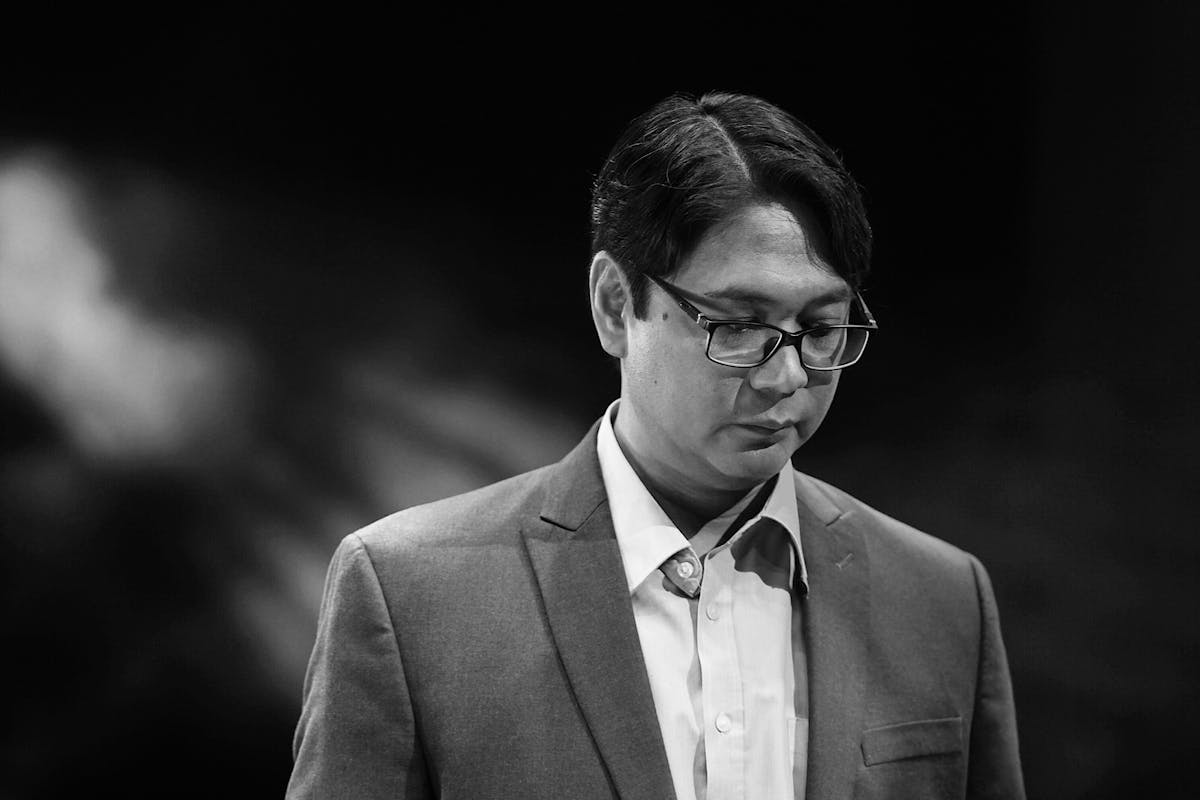
Our Way Forward
The Quarantine Connection: Gaming and Social Bonds
What does a gamer look like? An anti-social teen-aged boy or girl, hunched over a laptop, headphones on, focused on the screen

What does a gamer look like? An anti-social teen-aged boy or girl, hunched over a laptop, headphones on, focused on the screen. What does a gamer look like during ECQ? An anti-social teen-aged boy or girl, hunched over a laptop, headphones on, focused on the screen. But is that all there is to us? What often goes unnoticed are the boisterous laughter, the animated outbursts, and the lively banter. In an age of social distancing , gamers seem to have adapted well — some might even say they are thriving. Is this because they are loners who hate human interaction? Hardly. While it is true that the physical act of gaming is usually solitary, the hobby itself is deeply rooted in community and social connection.
To better understand this, let us look at a similar, but less media-reviled hobby: watching movies. Watching a movie does not entail any social interaction. Individuals sit quietly in a room, concentrating entirely on moving images on a screen. Yet, moviegoers will tell you that there is much more to the hobby than that. A large part of it is talking to other people about the movies you watch, analyzing the techniques used in the film, and, yes, even posting memes about it on social media. Gaming is very much the same. One need only make a quick online search to see the numerous forums filled with people discussing game strategies, frustrations, and triumphs. In fact, I will wager good money that you have seen a post on Twitter about someone’s Animal Crossing experience. Gaming is most fun when it is shared and the quarantine’s “new normal” has exposed this fact to a larger audience.
With many traditional social activities limited, if not disallowed completely, people have turned to gaming for social connection. In an interview with CNBC Make It, Chris Ferguson, a psychology professor, notes that there are good reasons for this. Certain “life-simulation” games like Animal Crossing and The Sims not only give players a means to be more social through the use of multiplayer mechanics and sharing features, they also provide players with a certain sense of normalcy. By allowing players to experience mundane activities in-game such as redecorating a house, Ferguson says that players feel more in control and are able to understand the rules of the world that the game characters inhabit. This, in turn, acts as a promise of things to come. Meeting friends, going out, and earning a wage in The Sims helps us remember that these things are not lost forever. We will return to them once this is all over. Gaming gives players a glimpse of the normal life they seemingly lost in a world that is disrupted and uncertain. It is no wonder that so many people have found a sense of community and solidarity in their shared gaming experiences.
These common experiences can only be shared because of the language of gaming. Gaming is often viewed as entertainment meant to distract its audience. However, in recent years, it has taken strides to break away from this notion, showing us that it has the potential to stand on its own as a medium of communication. Games, through their use of mechanics and reward systems, are able to deliver a message that transcends traditional communication barriers; so much so that gamers from entirely different cultures and backgrounds are able to easily identify with each other and work towards a common goal. For example, in the Multiplayer Online Battle Arena game Dota 2, players take on the roles of fantastical heroes who must band together and use their magical abilities in tandem to outplay the enemy team and destroy their base. What is quite amazing about this game is that players can be paired with people from all over the world, sometimes resulting in teams where one of the players does not share a spoken language with their teammates. Yet, all the same, they somehow choose their heroes, coordinate a strategy, and use their abilities collaboratively to achieve victory.
Can’t relate? If you are familiar with sports then you have likely experienced this for yourself. Many who play basketball can easily find a group of people they have never played with before and perform relatively complex plays with one another, often without the need for speaking or pre-planning. This points towards a mutual understanding of the rules of the game, its strategies, and goals. In short, they were able to tell each other what to do using the language of basketball.
When viewed through this lense, games and the online communities that surround them become surrogate public spaces where people can socialize and communicate in ways that social media can only dream of. Without the need for a common spoken tongue, games are able to unite and connect people in a time when everyone is quite literally isolated. However, for as simple as the language of gaming may seem, game designer and writer James Portnow says that “we have a ways to go.”
Steam, the world’s most popular digital game distribution platform, has shown a drastic increase in peak online users, going from 19 million in February to 23.5 million since the start of the quarantine in March. This figure is definitely large, but it is dwarfed by those involved in other mediums. According to the LA times, Netflix recently gained 15 million new subscribers in the first quarter of this year alone, bringing its customer base to 183 million during the quarantine. In a video on the gaming industry analysis channel Extra Credits, Portnow explains that basic game literacy is still low, especially when compared to other mediums such as film. “If you’ve ever handed a controller to a parent or a grandparent who doesn’t really play games and watch them stare at the thing in bewilderment as they hold it all wrong, you know what I’m talking about.”
“The new normal” has taken away much of our ability to interact and communicate with others. However, that is not to say that we no longer have the means to do so. People must simply open themselves up to new horizons and opportunities to socialize. By helping us take control and experience a sense of normalcy, gaming lets us connect with others in ways that no other medium can quite manage. If you consider yourself gaming illiterate, perhaps now is the best time to educate yourself. You may find the quarantine connection you are looking for.

















